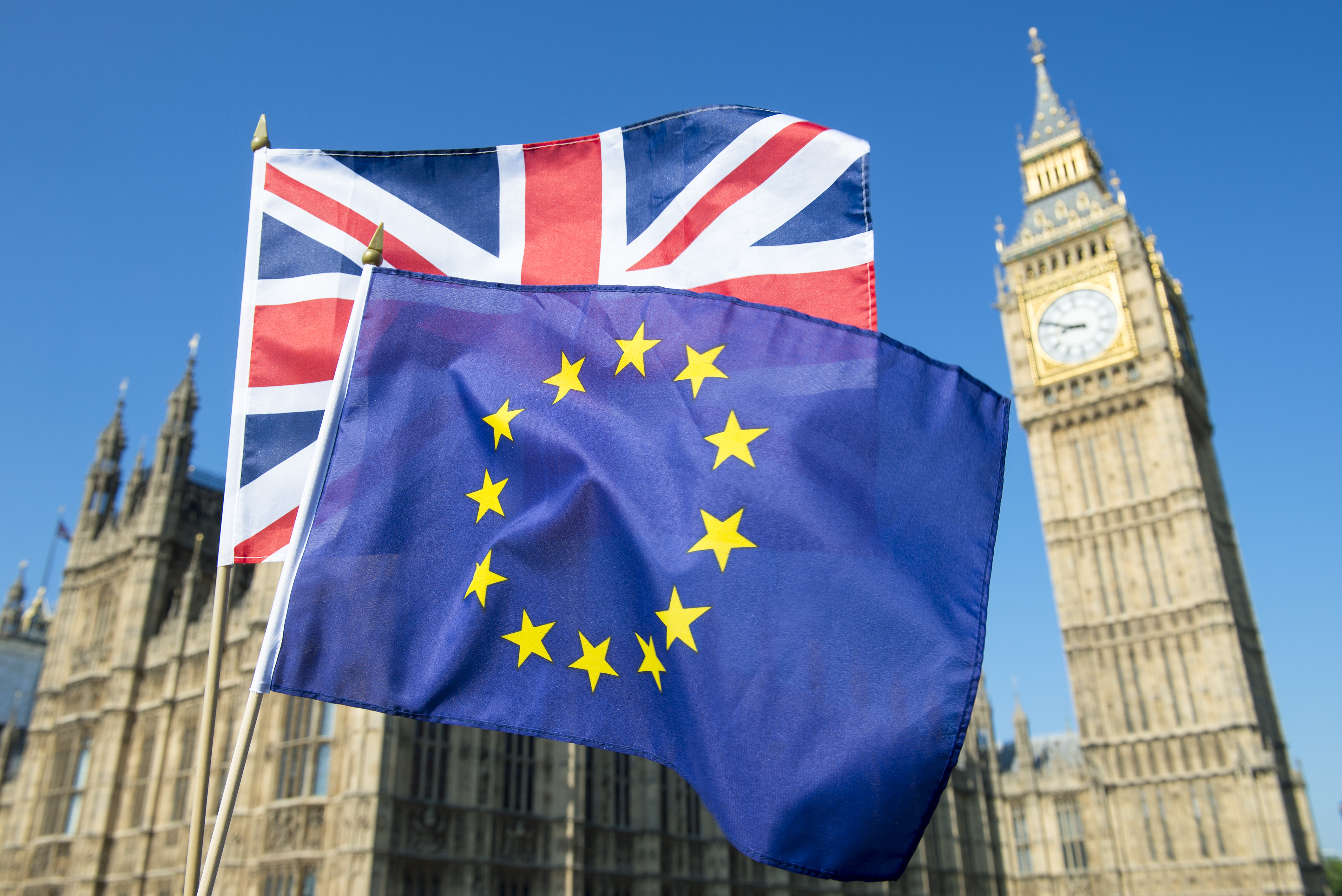Immigration to the UK after Brexit: trends and barriers
After the UK left the European Union in 2020, the country overhauled its immigration system, scrapping free movement for EU citizens and introducing a single point approach for all foreign nationals. By 2025, this policy continues to shape migration flows: on the one hand, it opens new channels for highly skilled professionals, while on the other hand, it increases barriers for students, family migrants and employers.
Current immigration trends
Despite tighter immigration rules, the UK continues to attract significant numbers of migrants. Net migration reached a record 906,000 in 2023, falling to 728,000 in 2024 after the new policies were introduced. The main increase is from non-EU migrants, particularly in the health, IT and education sectors.

Main barriers for migrants
In 2025, the UK government has introduced a number of measures to reduce migration and increase controls:
- Tougher language requirements. All migrants, including work visa holders and refugees, are required to demonstrate English language proficiency at B2 level (analogous to A-level), which is higher than the previous GCSE level requirement.
- Raising the income threshold for family reunification. From 2025, the minimum income for sponsoring a partner or spouse has been increased to £38,700 per year.
- Restrictions for certain nationalities. Restrictions on visas for nationals of countries with high overstay rates, including Pakistan, Nigeria and Sri Lanka, are planned.
- Tougher rules for employers. Companies hiring foreign workers are required to invest in training local staff or risk losing their sponsor's license.
Changes in immigration policy
The UK government continues to reform the immigration system:
- Revision of permanent residence rules. There are plans to increase the minimum period of stay for obtaining permanent residence status from 5 to 10 years for some categories of migrants.
- Tightening of control over students. Measures have been introduced to restrict foreign students' access to the labor market after graduation and control over attendance at educational institutions has been strengthened.
- Struggling with violations in the asylum system. Measures have been taken to prevent migrants from switching from work or student visas to refugee status without sufficient justification.

Political context and public opinion
Immigration remains a key topic in British politics. The growing popularity of the Reform UK party, which advocates tough measures against migration, puts pressure on the government to tighten policy. However, experts warn that excessive tightening could have a negative impact on the economy and social integration of migrants.
The UK's immigration policy in 2025 is characterized by a desire for a balance between migration control and the needs of the economy. Potential migrants should carefully study the current requirements and prepare for possible changes in legislation.
